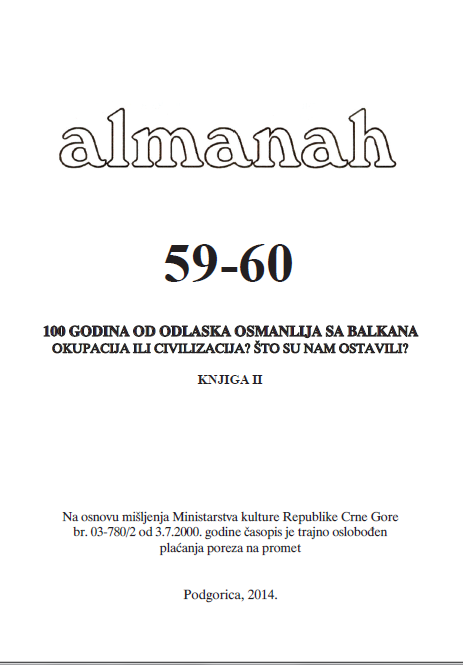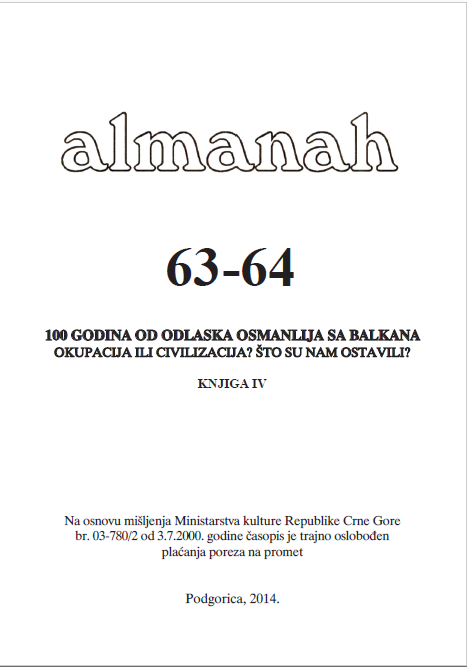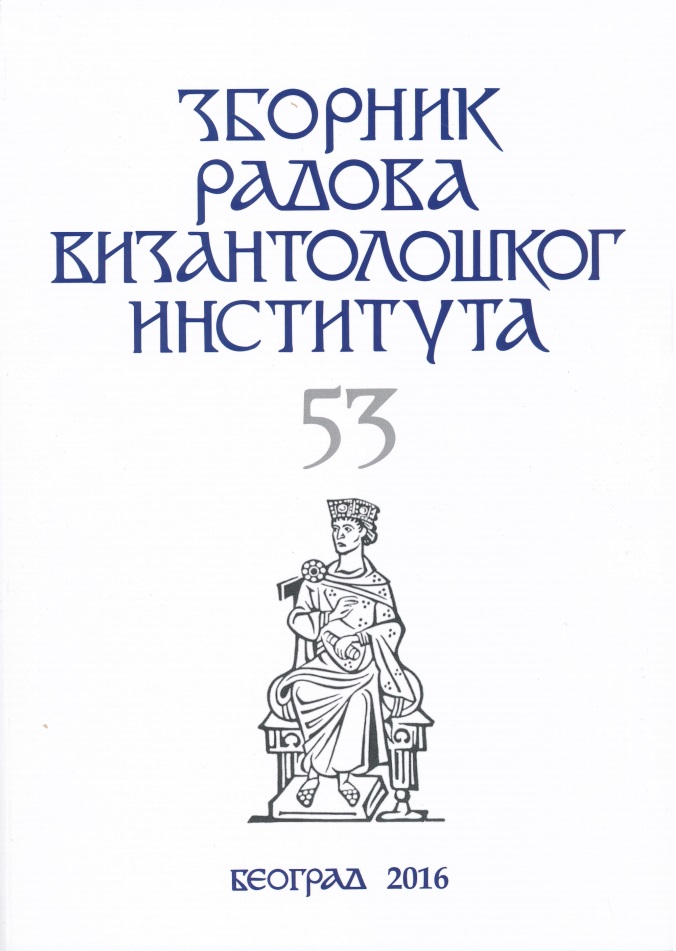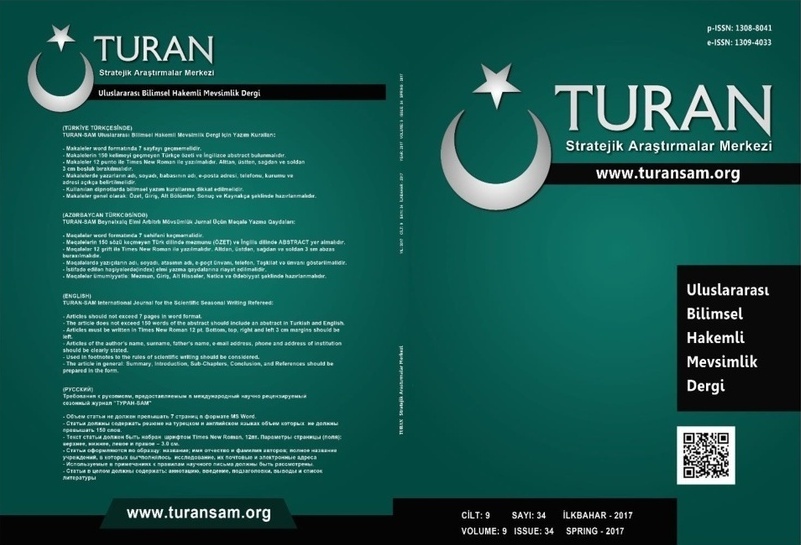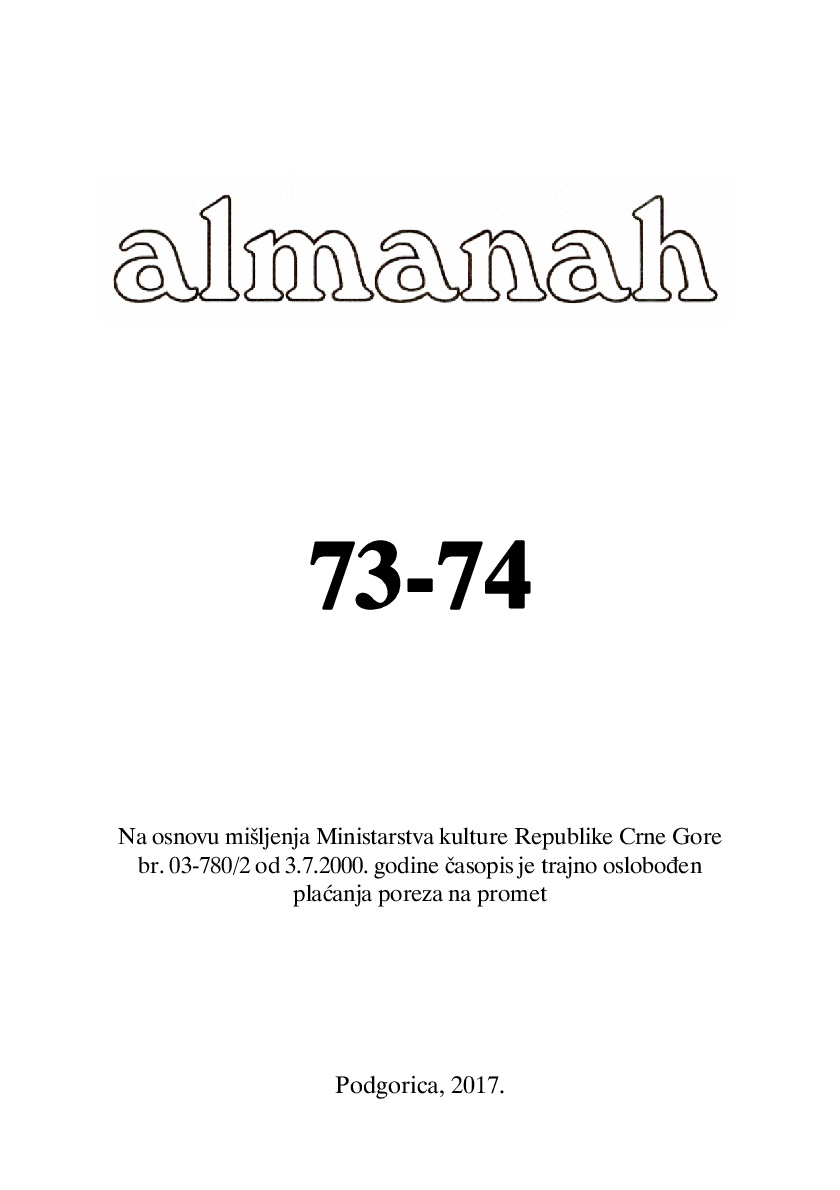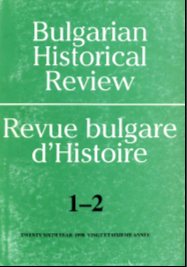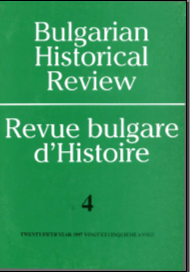Author(s): Ilirjana Kaceli / Language(s): Albanian
Issue: 46/2016
The 1912 was as critical a year for the Albanian people in Albania and Kosovo, as it was for the Ottoman state. On one hand, the Albanians addressed their efforts, rallies and insurgencies against the Turkish government. On the other hand, the Ottoman parliament and the Sublime Porte undertook violent behaviour and measures to answer them. The new elections were ruled with "a rod of iron", which limited the democratic rights and resulted in having MPs only from the "Union and Progress" Party. Such results prompted the Albanians from all the regions to take action and organize a nationwide uprising. In May, the uprising had spread throughout Kosovo as well. The uprising culminated with the Assembly of Junik made by fay and an overall program for the Albanian insurgency was drafted. The uprising, then, spread in all parts of northern and southern Albania. Later, the insurgents were joined by Albanian soldiers who had deserted the Ottoman army. Ottoman parliament debates and discussions were tough throughout 1912. The general Albanian uprising led the Ottoman government on a cul-de-sac. Such aggravated was the situation in Albania and that overwhelming were the debates in the Ottoman Parliament, that led to the fall of the government of Said Pasha. The Sultan would then order Gazi Ahmet Muhtar Pasha to create a new government which would oppose the unionists. Instead of seeking a military solution, Gazi Ahmet Muhtar Pasha directed the government to an agreement that would be reached through negotiations with the rebel Albanians. This act would give a heavy blow to the group "Bashkim e Përparim" otherwise referred to as "Union and Progress" (CUP) and will strengthen the position of Gazi Ahmet Muhtar Pasha’s cabinet. The proliferation of the uprisings in Albania made the Ottoman Government seek ways out to determine the situation in the region, but originally getting to know the requirements of the inhabitants of the region. On July 17, 1912, the Chamber of Deputies (Meclisi Mebusan) assigned the Commission of Inquiry the task to go and verify the events and launch talks with rebel Albanians. Talks started on in Pristine, on August 2, 1912. Hasan Prishtina,who presented demands for autonomy to the President of Ottoman parliament delegation Suleiman Pasha, would chair the talks for the Albanians. The Government Commission repudiated the demands, the talks broke down acrimoniously and Albanian leaders addressed the liberated city of Ferizaj. The parliament in Istanbul was dissolved and the Sublime Porte appointed General Ibrahim Pasha to start talks over. On August 9, 1912, Ibrahim Pasha met with the leaders of the uprising in Kosovo. Hasan Bey Prishtina presented him a memorandum with fourteen demands made by the insurgents. Hasan Prishtina demands represented the will of all Albanians, and such authorization was issued by the representative committees of central and southern Albania. Albeit the autonomy was not directly asked, if these demands were accepted, the autonomy of Albania would be de facto declared. Being at the verge of the Albanian insurgency further expansion, the government of Muhtar Pasha accepted verbally the demands of the Albanians with some amends on August 18, 1912. Although the 14 points acknowledged by the Ottoman government sanctioned no recognition of autonomy, the Albanians began to give a broader understanding to the granted concessions and made efforts to fulfill their aim: the self-governing. In some areas in Kosovo, efforts were made to establish the Albanian administration. The population expelled Ottoman officials and appointed Albanians in their place. The end of the uprising, the liberation of Skopje, and Ottoman-Albanian talks in Pristine brought about major concerns to the Balkan governments. This led to the intensification of diplomatic strategies, secret alliances between Balkan countries, and in the acceleration of preparations to attack the Ottoman Empire. On October 8, 1912, the Balkan War broke out. The allied Balkan states sequentially declared war on the Ottoman Empire. With the outbreak of the Balkan War, when the Ottoman rule in the Balkans was ending and Balkan armies had conquered most of the Albanian territories, leaders and activists of the National Movement filed an urgent task: Albania final secession from the Ottoman Empire. The matter of the country’s fate grew more and more serious, the attitude and the means to secure Albania from the catastrophic situation that was threatening the Empire were the focal issue. On his way to home, Ismail Kemal and the delegation accompanying him stopped in Trieste, where they sent telegrams to and from every corner of Albania. Albanians responded to the call of Ismail Kamal and local committees and declared independence one after another. Patriots raised the national flag in all Albanian territory and also elected the delegates to the Assembly of Vlora. On November 28, 1912, the National Assembly started its session in Vlora. The Parliament decided the declaration of independence of Albania and all delegates signed the historic act of this major event for the entire Albanian nation. The Declaration of Independence ended the 435 years of Ottoman rule in the Albanian lands. Obviously, the attitude of the Turkish Government was negative by rejecting this claim, and stated that "Albania is safe only if it becomes a vassal of the Ottoman Empire with a Turkish prince of the imperial family ruling it." This problem in Turkish-Albanian relations will continue to be present even in the later years where the Young Turks would attempt to bring to power a Muslim prince in connection with the Ottoman dynasty.
More...
